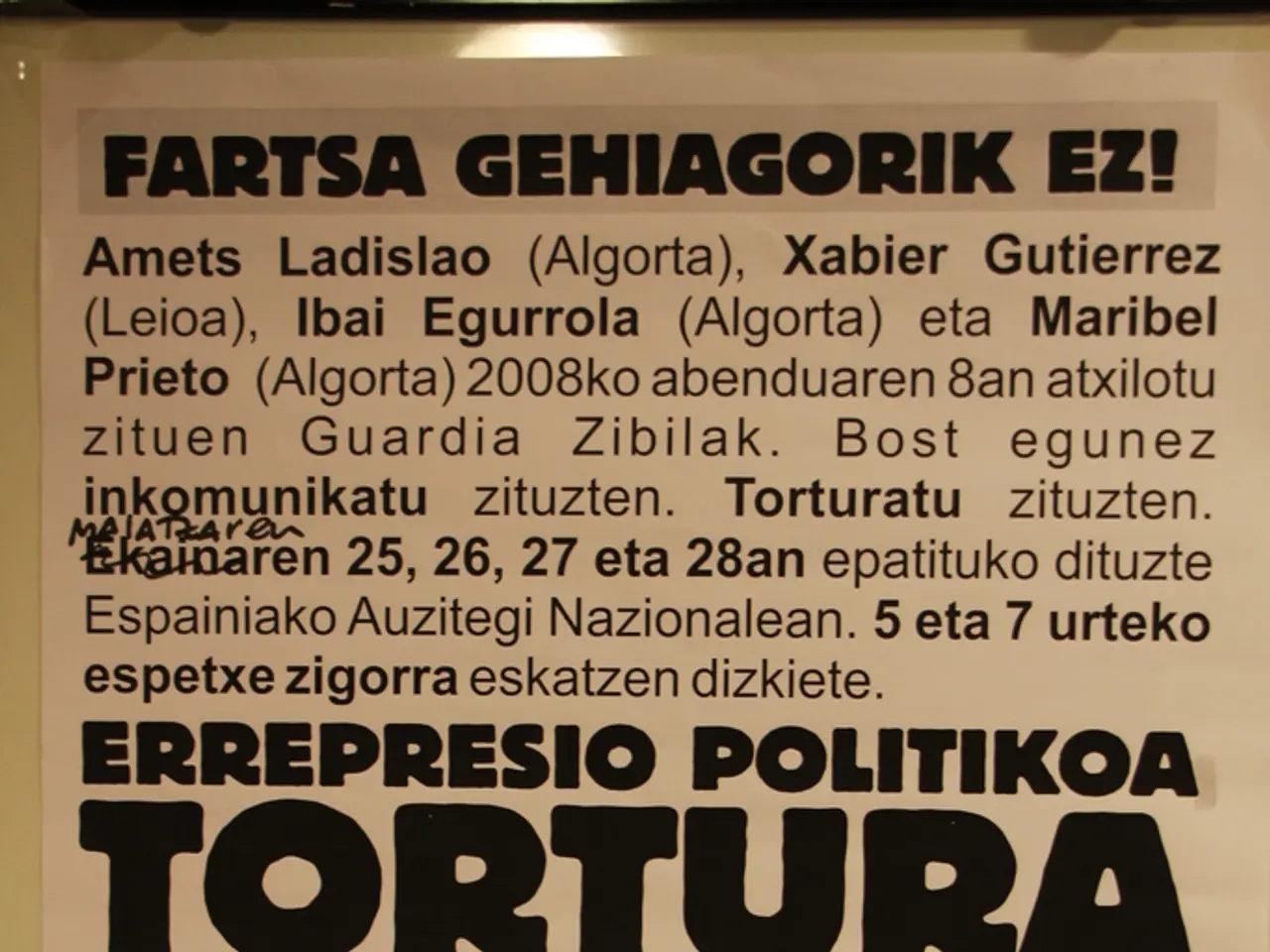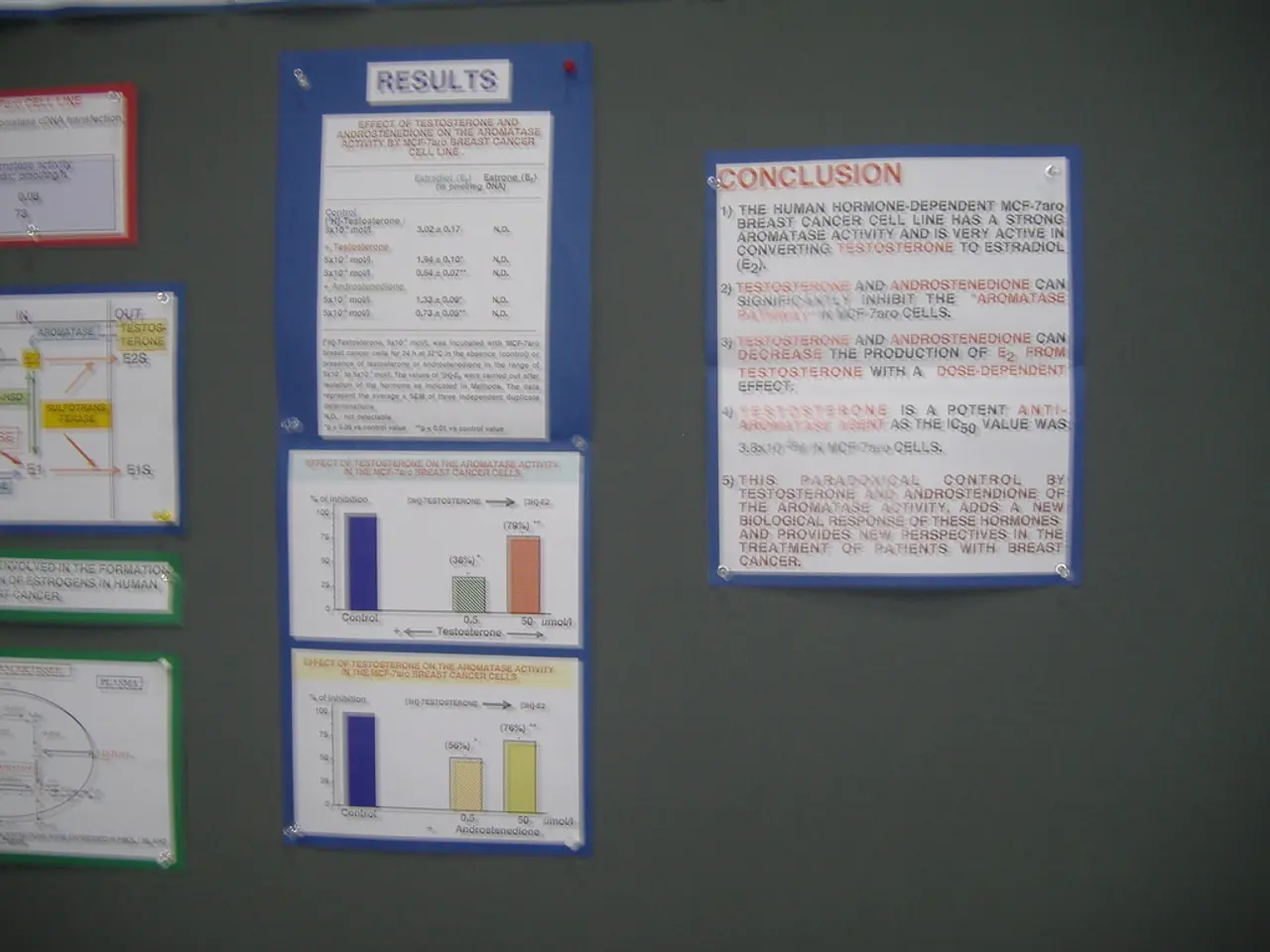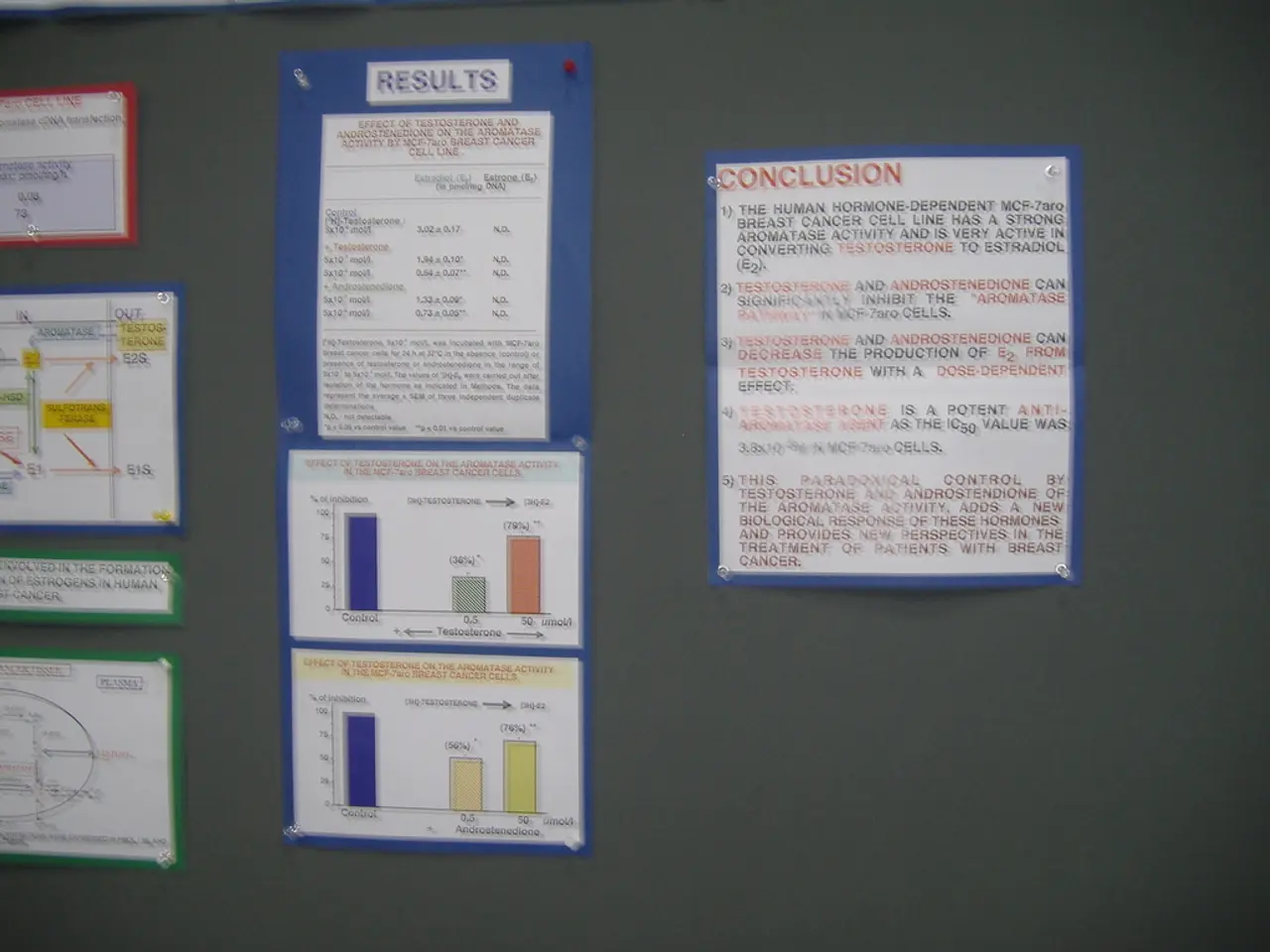Struggling Economy and Rising Unrest: President Arce Warns of Potential Bankruptcy in Bolivia
Bolivian President Arce issues urgent warning about potential national insolvency amidst ongoing economic predicament
Bolivia's current economic crisis is causing turmoil across the country, leading to widespread demonstrations and mounting discontent. The economic mess has taken a toll on President Luis Arce's approval ratings and sparked calls for his resignation from various sections of society.
The South American nation's external debt stands at a staggering $13.3 billion (€11.6 billion), equating to over 37% of the country's gross national income, as per the World Bank. Notable creditors include the Inter-American Development Bank, the Development Bank of Latin America (CAF), the World Bank, and China. President Arce laments, "We're currently making the worst deals as a country."
New loans typically help offset the repayment of old debts, but the much-needed capital influx is currently absent. So far, Arce has failed to persuade the Bolivian parliament to approve $1.8 billion (€1.6 billion) in loans from international institutions. By December, approximately $2.6 billion (€2.3 billion) will be needed for fuel imports and meeting pending debt payments.
The economic downfall is evident in the acute shortages of foreign currency, fuel, and basic foodstuffs. Inflation reached a record high of 18.4% year-on-year in May, the highest in nearly two decades. The Bolivian currency continues to depreciate.
President Arce has thus far refused to step down, but he has announced that he will not seek re-election in the scheduled August presidential election. His approval ratings, according to the Latinobarómetro polling institute, stand at just 9%, one of the lowest in South America.
The economic woes have led to citywide paralysis in La Paz, with massive protests from street vendors, farmers, neighborhood associations, small business owners, and more, voicing their frustrations. The protesters are dealing with fuel shortages, currency scarcity, and soaring prices of essential goods. The impact on import restrictions and limited foreign currency access has heavily affected small businesses, further straining the informal sector, which provides employment for a significant portion of Bolivia's population.
Annual inflation has skyrocketed to 18.46%, the highest since 2008, with the prices of basic food items like beef and chicken rising nearly 24% over the past year. The rising inflation, combined with fuel and currency shortages, has exacerbated food insecurity, affecting around 19% of the population (approximately 2.2 million people). Agricultural production is also at risk due to fuel shortages and their impact on farming activities.
Wariness about the potential for state bankruptcy has prompted international loan negotiations by the Bolivian government. However, details on these negotiations remain scant. The escalating conditions have intensified tensions ahead of the August 17 presidential election, with concerns about possible delays or fraud sparking further unrest.
Politically, the crisis has instigated confrontations between supporters of former president Evo Morales, who have been accused of disrupting supply routes to fuel protests and demand Arce's resignation. Despite the deployment of security forces to maintain order, the protests continue to escalate, fueled by economic hardships rather than partisan politics.
In essence, Bolivia's economic crisis encompasses:
- sky-high inflation and escalating food and fuel prices
- widespread protests causing disturbances in everyday life and commerce, particularly in La Paz
- extreme shortages of fuel and U.S. dollars hindering imports and small businesses
- increasing acute food insecurity, impacting a significant percentage of the population
- President Arce's warnings of potential state bankruptcy and ongoing international loan negotiations
- heightened political tensions ahead of upcoming elections, with fears of additional unrest
The precarious situation requires urgent, effective economic measures to alleviate the burdens driving protests and social instability.14
- In light of the escalating economic crisis in Bolivia, discussions regarding community policy and debt-management are crucial to preventing state bankruptcy.
- The economic hardships in Bolivia, including inflation, fuel and currency shortages, and rising food prices, are impacting personal-finance and employment policy, particularly affecting small businesses and the informal sector.
- Amidst the rising unrest, and as the presidential election approaches, political news reports are closely monitoring the finance, employment policy, and general-news surrounding the international loan negotiations that could potentially alleviate Bolivia's financial burden.




